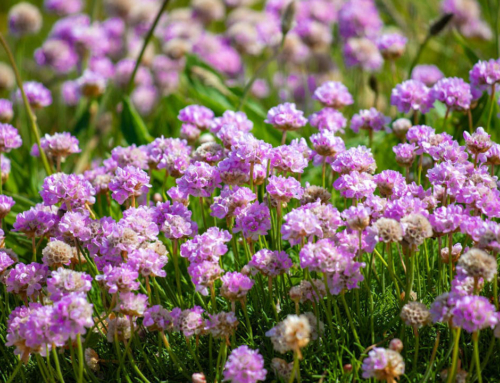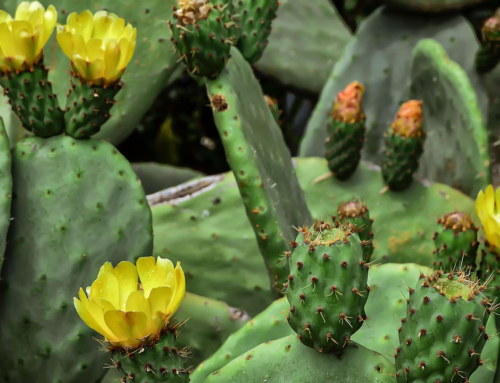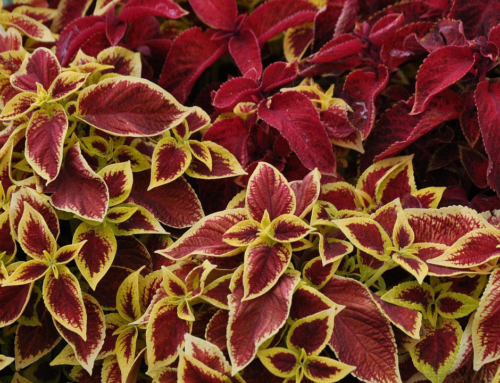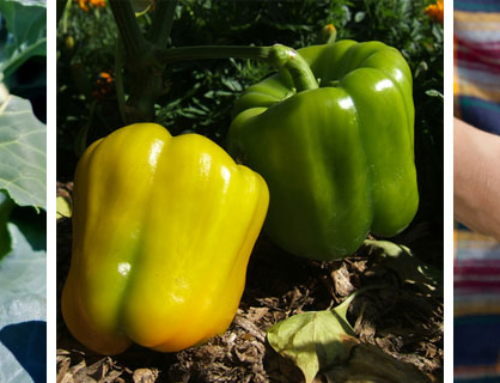What herbs will attract (and feed) beneficial insects? These beneficial insects attack and eat the bad critters in your garden. That means fewer chemicals to spray on your vegetables and fewer still to enter your body! And, environmentally, it is the smart thing to do.
There are a wide variety of herbs that you can plant. The greater the number of pollinators you can attract, the greater your yield and harvest.
Interplant the herbs among your vegetables. Let a few plants go to seed, that is, let them set flowers. The flowers are what attract the beneficial insects. You will still have plenty to harvest for yourself. Save a few for the good critters.
A few examples of culinary annual herbs include the many of the Basils, such as Genovese, Lemon, Mexican Spice, Rubin, Purple Ruffles, Dark Opal, and Thai. A few other herbs to consider are Cilantro (Coriander), Dill, Fennel (the edible bulb varieties), Lemongrass, Parsley (Italian flat leaf), Stevia, and Summer Savory.
Some perennial culinary herbs include—Arugula, Afina Cutting Celery, Chives, Chervil, Fennel (‘Bronze’), Garlic (or Chinese Chives), Lovage, Oregano, Marjoram, and Winter Savory. Anise Hyssop, Borage, and Chamomile are great for pollinating insects. Plant perennials along the border or where they will not be disturbed when you prepare your vegetable garden.
Herbs are the spice of life for people and beneficial insects.
By Larry Cipolla, Hennepin County Master Gardener



